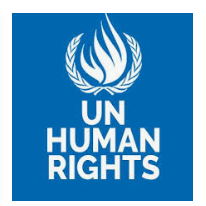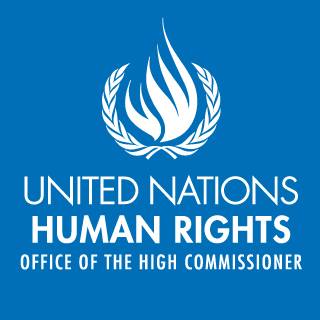Indigenous Peoples and Environmental Justice: The Impact of Climate Change
Improving Native American Tribes’ Voice in International Climate Change Negotiations
EMRIP Study on Indigenous Languages

This study outlines international and regional standards on indigenous peoples’ rights to language and culture, describes the relationship between indigenous cultures and languages to their self-determination and rights to their lands, territories and resources and analyses indigenous peoples’ languages and
Implementation Conference Report Available at the CU Law Review

The Conference Report from the Project’s March 2019 gathering, is now available in the CU Law Review in February 2020 (Volume 91, Issue 2). March 15–16, 2019CONFERENCE REPORT A Call to Action for Inspired Advocacy in Indian Country Table of
UNESCO – Indigenous Peoples
Indigenous peoples live in all regions of the world and own, occupy or use some 22% of global land area. Numbering at least 370-500 million, indigenous peoples represent the greater part of the world’s cultural diversity, and have created and
Study on the Promotion and Protection of the Rights of Indigenous Peoples with Respect to their Cultural Heritage
Ensuring the Rights of Indigenous Children
UN EXPERT MECHANISM ON THE RIGHTS OF INDIGENOUS PEOPLES RELEASES STATEMENT ON COVID-19

COVID-19 yet another challenge for indigenous peoples: Statement by the Expert Mechanism on the Rights of Indigenous Peoples (EMRIP) is available at the UN’s web page on COVID-19 and indigenous people at https://www.un.org/development/desa/indigenouspeoples/covid-19.html From the statement: The spread of COVID
2019 Conference on Implementing the United Nations Declaration on the Rights of Indigenous Peoples in the United States
2019 Conference Agenda and Program 2019 Conference Video – Panels 1 through 5 IMPLEMENTING THE UN DECLARATION ON THE RIGHTS OF INDIGENOUS PEOPLES IN THE UNITED STATESMARCH 15-16, 2019 Panel 1 Current Challenges in Federal Indian Law & the Promise
